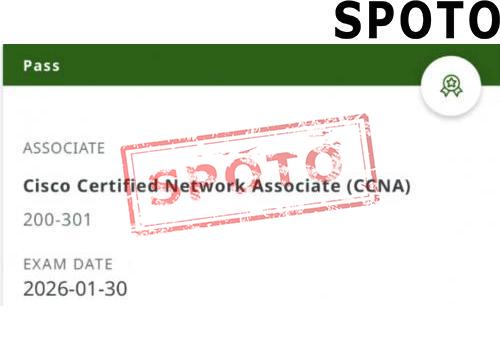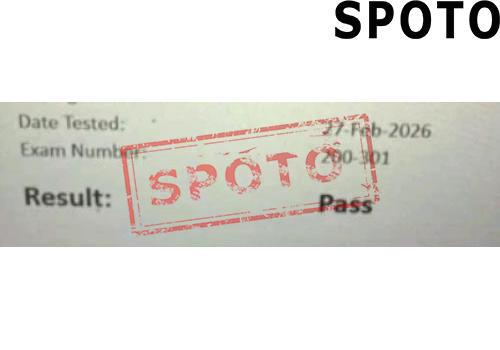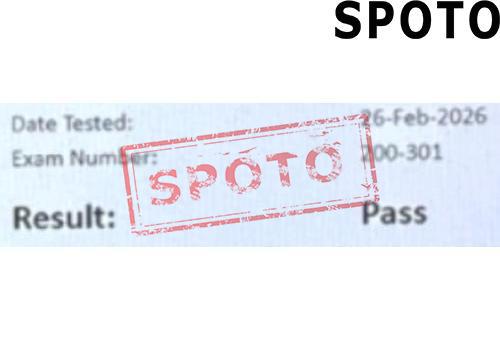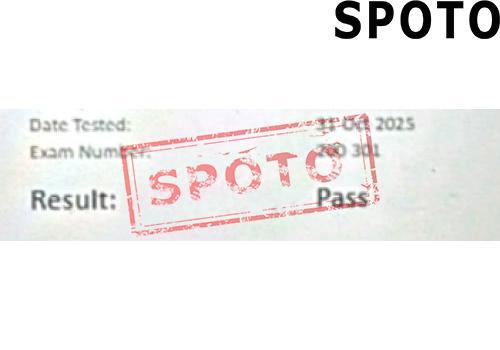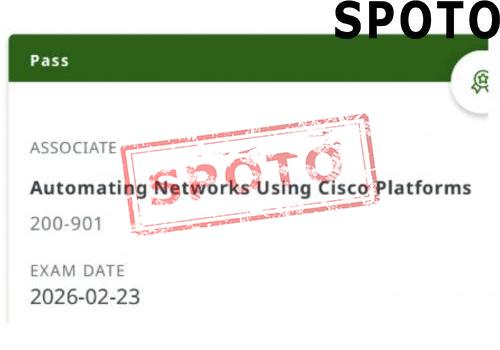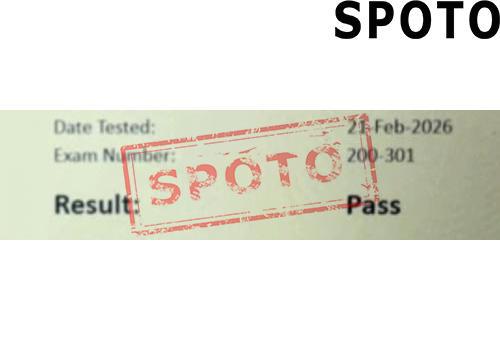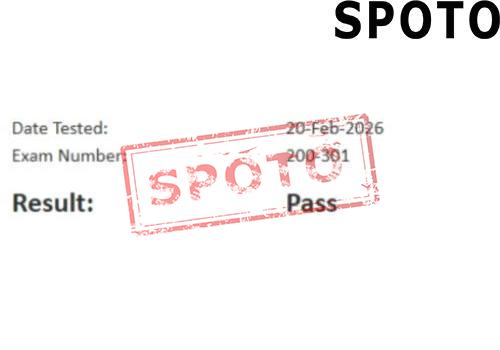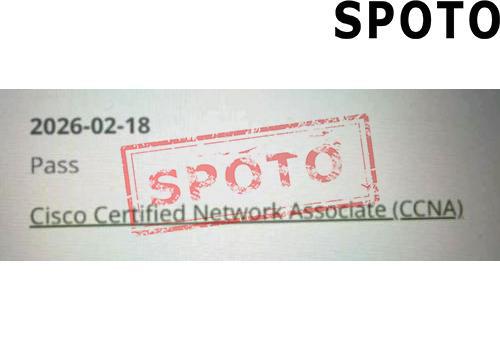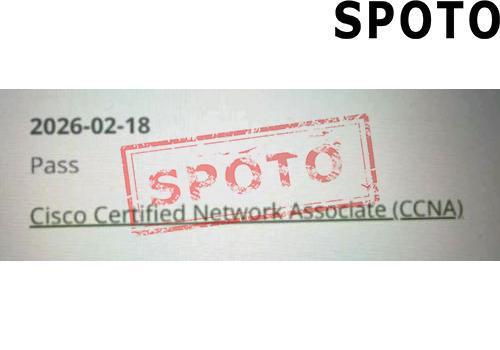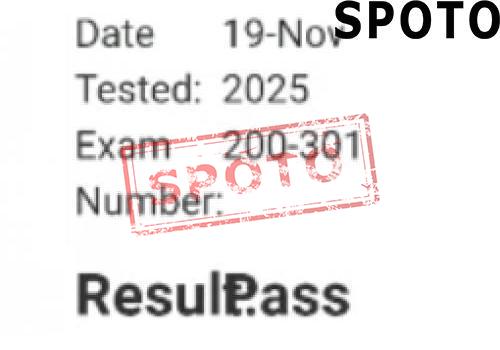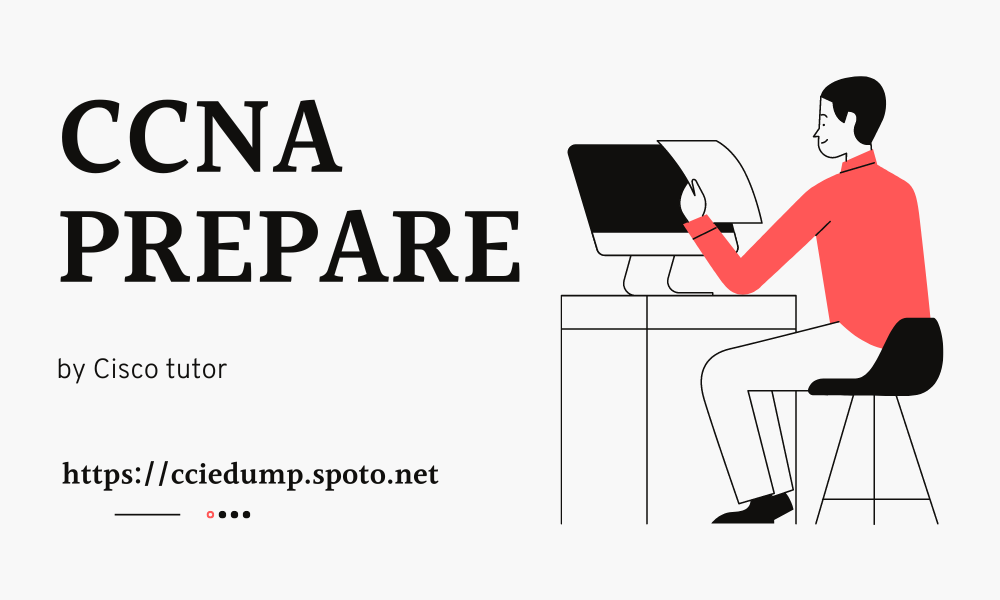
Table of Contents
The CCNA certification is one of the most recognized credentials in the IT industry, especially for those seeking to advance their careers in networking. Whether you’re just starting out or looking to renew your certification, preparing for the CCNA exam can seem overwhelming. But with the right approach, you can maximize your chances of success.
In this guide, we'll discuss the best ways to prepare for the CCNA exam, common exam requirements, and effective study strategies that will help you pass with confidence.
1. Understand the CCNA Exam Requirements
Before diving into your CCNA exam preparation, it’s important to understand the exam requirements. The CCNA exam tests your knowledge of basic networking concepts and prepares you to work with Cisco networking devices. Here’s what you need to know:
-
Prerequisites: While there are no formal prerequisites for the CCNA exam, basic knowledge of networking and IT fundamentals is recommended.
-
Exam Duration: The CCNA exam typically lasts for 120 minutes.
-
Passing Score: You need a score of around 825 out of 1000 to pass the CCNA exam.
-
Exam Content: The CCNA exam covers several key areas, including:
-
Network Fundamentals
-
IP Connectivity
-
Security Fundamentals
-
Automation and Programmability
-
2. Set Up a Study Plan for the CCNA Exam
Creating a solid study plan is crucial for your success in the CCNA certification exam. A good study plan will help you organize your learning and ensure that you cover all exam topics systematically.
Steps to Set Up Your Study Plan:
-
Assess Your Knowledge: Identify your strengths and weaknesses. Take an online CCNA practice test to determine where you need more focus.
-
Schedule Your Study Sessions: Allocate a specific number of hours each day or week for CCNA exam prep. Consistency is key to mastering the material.
-
Break Down the Topics: Divide the exam content into manageable sections. Focus on one topic at a time and make sure to review regularly.
-
Include Practical Labs: Hands-on practice is essential. Set up a lab environment using Cisco Packet Tracer or real Cisco devices to gain practical experience.
-
Use Official Cisco Resources: Use the Cisco Learning Network, official study guides, and online CCNA practice exams to familiarize yourself with the exam format.
3. Study Materials and Resources for the CCNA Exam
To help you effectively prepare for the CCNA exam, here are some of the best study materials and resources available:
Official Cisco Study Materials:
-
Cisco Press Books: These are the official study guides that provide comprehensive coverage of exam topics.
-
Cisco Packet Tracer: A simulation tool that allows you to practice network configurations and troubleshooting.
-
Cisco Learning Network: A platform offering forums, study materials, and practice exams.
Third-Party Study Resources:
-
Udemy Courses: Many online courses are available on Udemy to help with CCNA exam prep.
-
Pluralsight: Offers in-depth courses on networking fundamentals.
-
INE: Provides high-quality training and practice tests for CCNA certification.
4. Practice with CCNA Exam Dumps and Simulations
Practical experience is vital for your CCNA exam preparation. By working through CCNA exam dumps and simulations, you’ll get a sense of the exam format and the types of questions you’ll face.
Here’s how to incorporate practice exams into your study routine:
-
Practice CCNA exam dumps: These are collections of past exam questions that will help you familiarize yourself with the types of questions you might encounter.
-
Simulate Real Exam Conditions: Take practice tests under timed conditions to simulate the real exam experience.
-
Review Incorrect Answers: After each practice exam, review your wrong answers to ensure you understand the correct solutions.
5. Focus on Key Exam Topics
The CCNA exam covers a broad range of topics. To help you focus, here are some of the most important areas to master for your CCNA certification exam:
1. Network Fundamentals
Understand the basics of networking such as OSI models, IP addressing, and network topologies. Know how routers and switches function in a network.
2. IP Connectivity
Be prepared to troubleshoot and configure IP addresses, routing protocols, and subnetting.
3. Network Security
Learn about the various security protocols like VPNs, ACLs (Access Control Lists), and firewalls.
4. Automation and Programmability
Gain an understanding of network automation and how SDN (Software-Defined Networking) works, as automation is increasingly part of the CCNA exam.
6. Stay Motivated and Consistent
Studying for the CCNA certification exam can feel overwhelming, but maintaining consistency is key. Here are a few tips to stay motivated:
-
Join study groups: Participate in online forums and study groups to connect with other learners.
-
Take regular breaks: Avoid burnout by taking breaks during study sessions.
-
Reward yourself: Celebrate small victories to stay motivated along the way.
7. Final Tips for Success in the CCNA Exam
-
Do Not Cram: Start studying well in advance to avoid last-minute cramming.
-
Review and Revise: Make sure to review all material multiple times to reinforce your understanding.
-
Stay Calm During the Exam: Don’t rush through the exam. Manage your time well and answer every question carefully.
